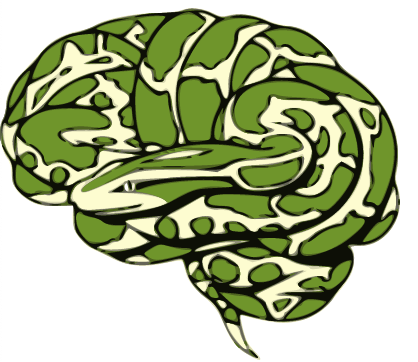
Welcome!¶
Hello everyone and welcome to the “MRI analysis in Python using Nipype, Nilearn and more” workshop conducted at the The Azrieli National Institute for Human Brain Imaging and Research, we’re glad to see you here!
Within these pages, we provide information on how to follow the workshop, as well as respective materials. This jupyter book will include the used slides and code in a way that they can be explored in an interactive manner. You can navigate through the respective sections via the TOC on the left side and within sections via the TOC on the right side. The three symbols in the top allow to enable full screen mode, link to the underlying Github repository and allow you to download the contents as a pdf or jupyter notebook respectively. Some sections will additionally have a little rocket in that row which will allow you to interactively rerun certain analyses via cloud computing. Additionally, we support public reviews and comments through an hypothes.is plugin with which you can interact on the right side. All of this awesomeness (talking about the infrastructure and resource) is possible through the dedicated and second to none work of the Jupyter community, specifically, the Executable/Jupyter Book and mybinder project.
Python & neuroimaging¶
You can checkout the respective sections:
An overview
What’s this workshop about and how is it organized?
Setup
How are things implemented and supposed to work?
General outline
What are the specific topics and aspects taught?
Prerequisites
All things gotta start somewhere and neuroimaging analyses in
pythonare of course no exceptions to that, especially since a certain amount of digital literacy, programming, etc. is required. Here, we gathered some resources folks can check out in preparation for the course or just for fun.Data handling & Nipype
Within the first part of the workshop, we will focus on the basics and will talk about neuroimaging data handling in
pythonand theanalysis pipelinetool Nipype: what is it and what are important aspects folks should know about?Advanced and specialized topics
After going through the basics, we will focus on specific analysis types and how they can be conducted using
python, including statistical modelling, connectivity analysis and machine learning.Code of Conduct
Necessities for creating an open, fair, safe and inclusive learning experience.
I’ve got a question!¶
In case you have any questions or difficulties going through the workshop, please don’t hesitate a single second to get in touch with us. A great way to do this is to open an issue on the GitHub site of the Workshop (also possible via the GitHub button at the top of the pages). We would also highly appreciate and value every feedback or idea or you might have (via issues or hypothes.is annotation feature on the right).
Acknowledgements¶
This workshop was organized by the The Azrieli National Institute for Human Brain Imaging and Research, specifically Dr. Tali Weiss.
Peer Herholz’ work on and ability to compile this workshop was enabled through training received at the Montreal Neurological Institute, specifically the NeuroDataScience - ORIGAMI lab supported by funding from the Canada First Research Excellence Fund, awarded to McGill University for the Healthy Brains for Healthy Lives initiative, the National Institutes of Health (NIH) NIH-NIBIB P41 EB019936 (ReproNim), the National Institute Of Mental Health of the NIH under Award Number R01MH096906 (Neurosynth), a research scholar award from Brain Canada, in partnership with Health Canada, for the Canadian Open Neuroscience Platform initiative, as well as an Excellence Scholarship from Unifying Neuroscience and Artificial Intelligence - Québec.


